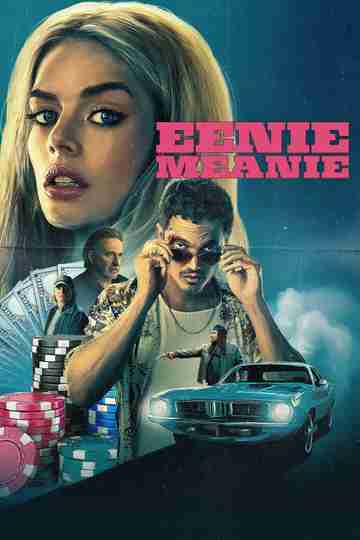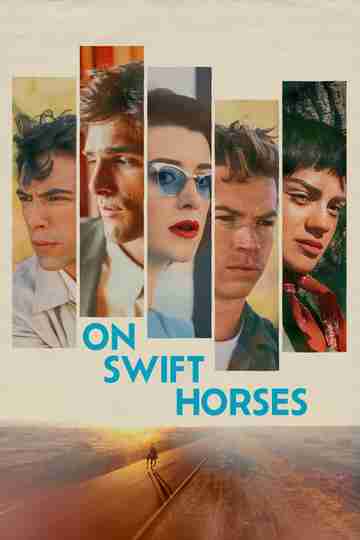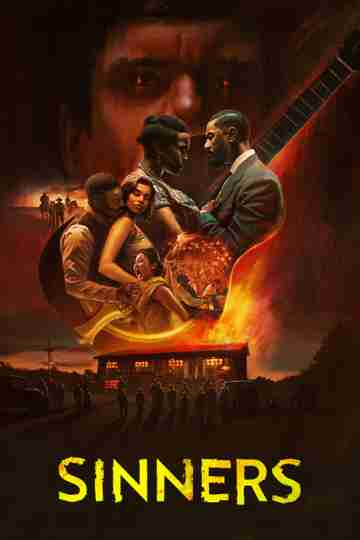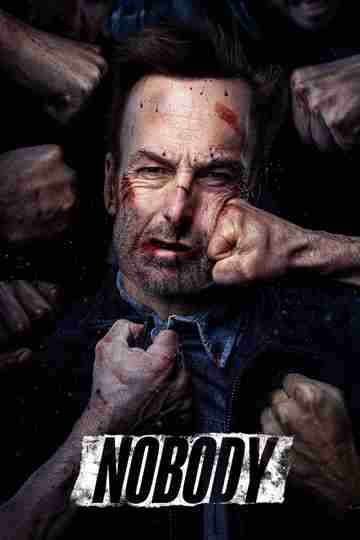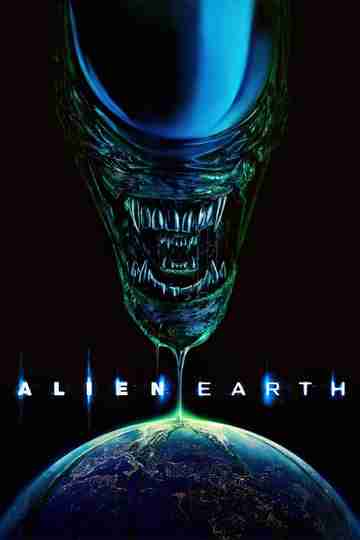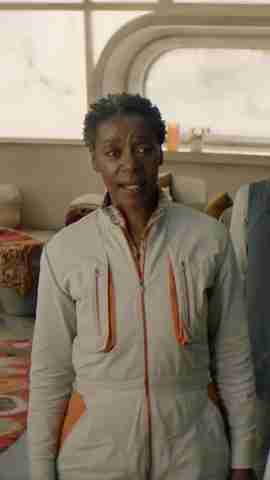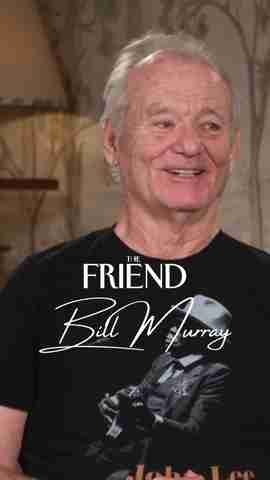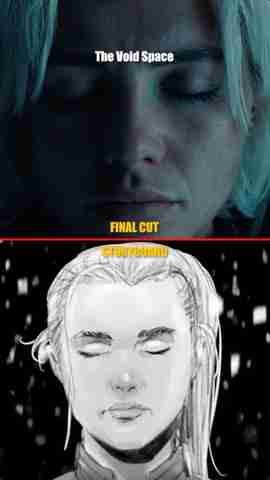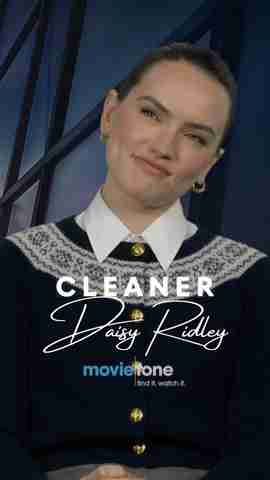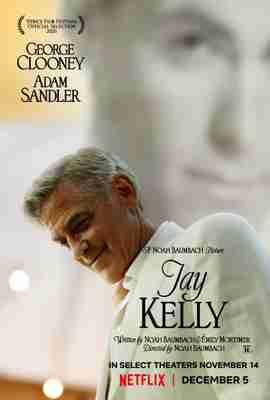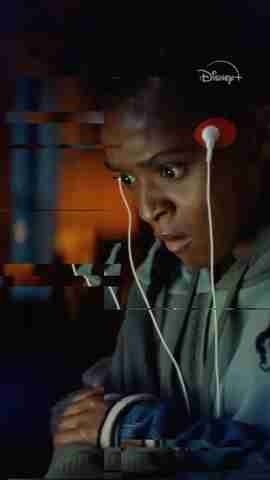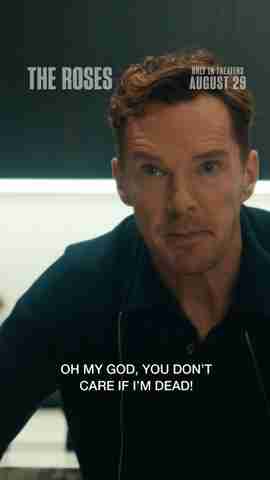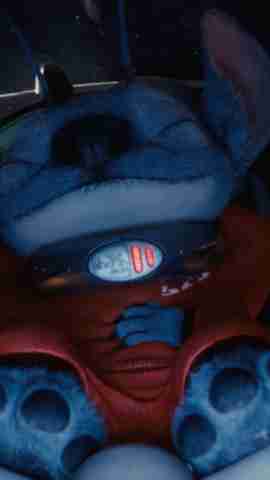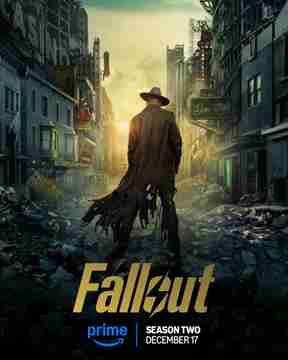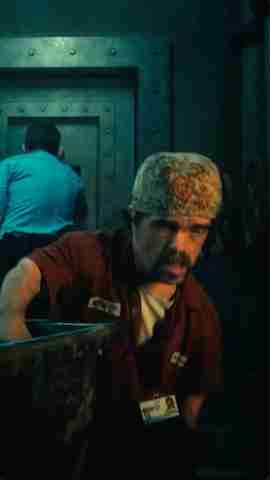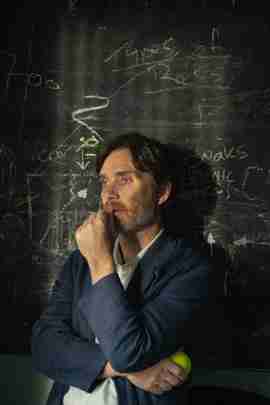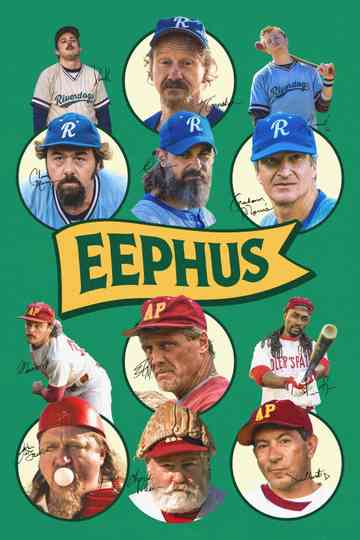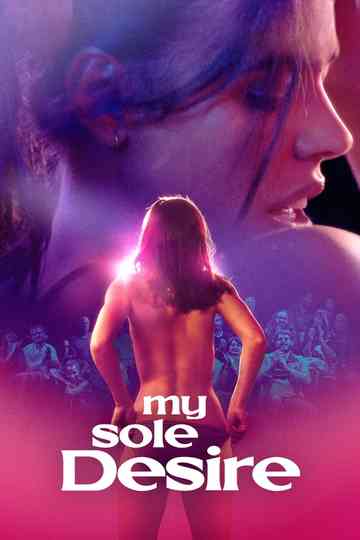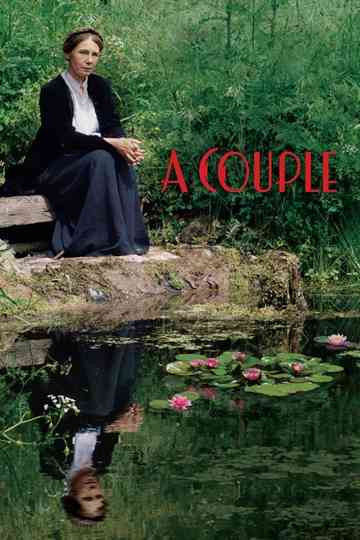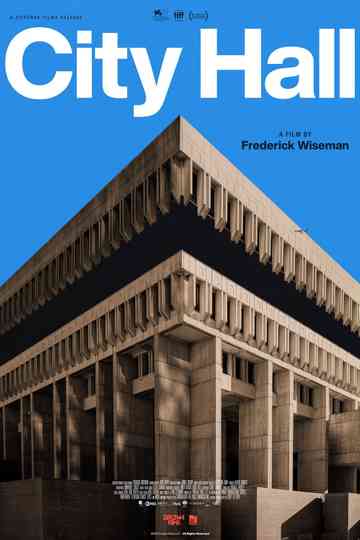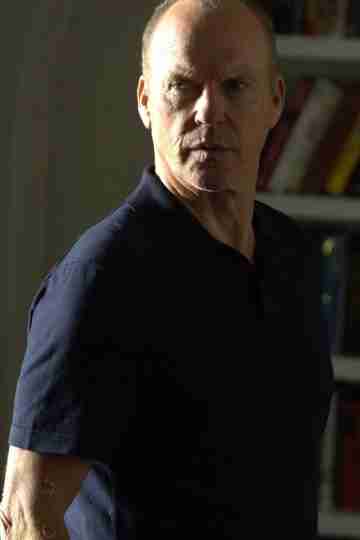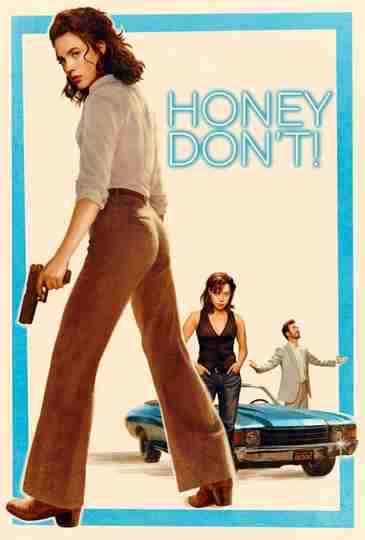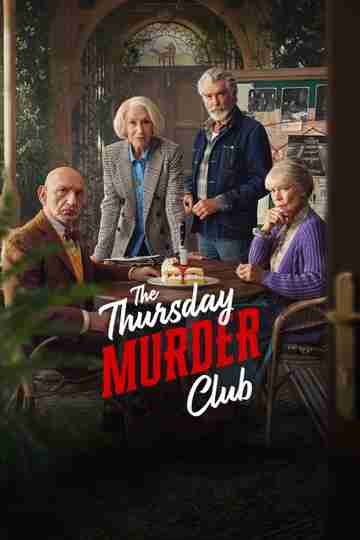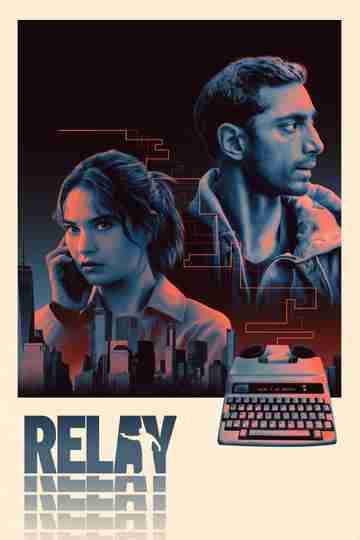Frederick Wiseman Biography
Frederick Wiseman is an American filmmaker, documentarian, and theatre director. Documentarian Frederick Wiseman has been noted for his ability to capture the nuances of life in American institutions such as prisons, hospitals, welfare offices, and high schools. He started out in 1963 by producing a fictional feature film, The Cool World, an examination of the lives of Harlem teenagers.
In the beginning, Wiseman was a staunch social reformist, and his films were calls for change. Titicut Follies, his first documentary, is an exposé of life in a prison for the criminally insane in Bridgewater, MA. It was controversial and left Wiseman with the reputation of being a muckraker. His four subsequent documentaries were all exposés of other tax-supported institutions designed to show the ineffectiveness of the bureaucracy that not only threatens to destroy them, but also dehumanizes the people they were meant to serve.
Wiseman toned down his message and began focusing more on American culture to point out the symbolism of daily activities in his film Primate (1974). In the ‘80s, he began examining institutions as they relate to ideology. Unlike other documentaries, Wiseman’s work does not progress chronologically; rather, the segments are arranged thematically, like an essay, and are linked via rhetorical devices such as comparison and contrast to create a patterned structure.
His films are never narrated, thereby forcing viewers to make connections between the sequences themselves. Wiseman has occasionally returned to fictional films, albeit in a non-fiction performance style, as with Seraphita’s Diary (1982) and La Derniere Lettre (2002).
